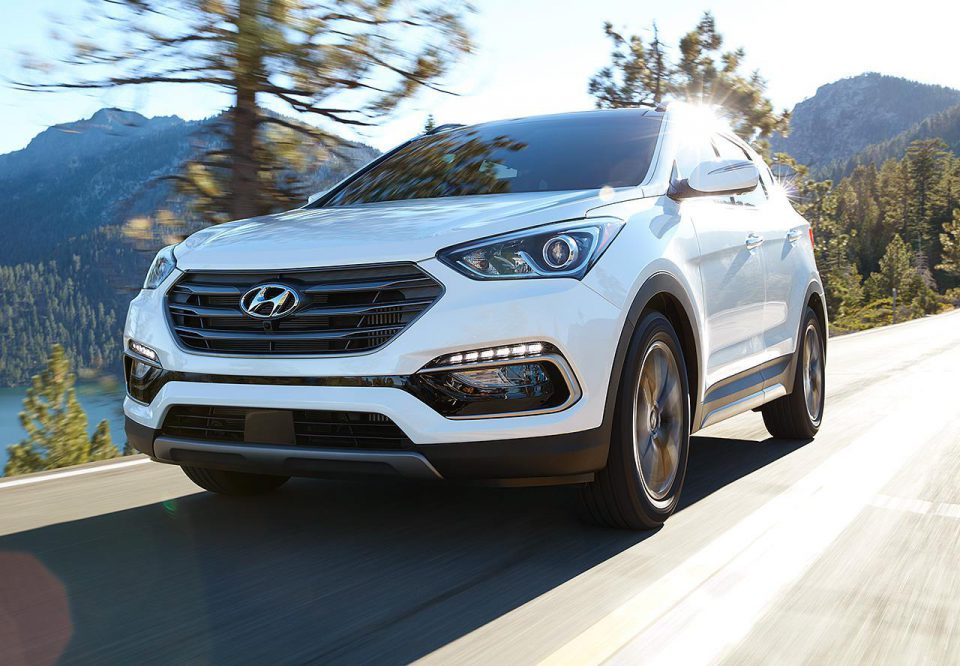What to expect at the Detroit Auto Demonstrate
Photo by Bill Pugliano/Getty Pictures
Detroit may be steeped in its automotive past, but the Motor City is not feeling all that nostalgic about its contributions to the car industry. In the past, the North American International Auto demonstrate has been defined by muscle cars, concepts that celebrated iconic brand history, and unspoiled unadulterated horsepower. But as the week of vehicle debuts kicks off at Cobo Hall, the news is all about the practical present, and a nod toward the uncertain future.
Sure there’s promise of a swanky super-connected Lexus LS flagship sedan, rumors of a Corvette, and parked outside of the showcase, the fastest Bentley ever, but absent from the press conference parade are the big-ticket sports cars and wild concept cars by domestic automakers. The press previews began Sunday afternoon and the showcase opens to the public on Saturday and runs through January 22nd. On the agenda is a lot of talk about the future, but the vehicles scheduled to be exposed are all about cashing in on what’s on the streets today.
Last week at CES, a dozen automakers introduced a dreamy view of how revolutionary the autonomous car could be, positioning the car as your living space, your individual assistant, and as the next wave of technological reinvention. But in Detroit it’s about the business of now: showcasing off the cars automakers think people will want to buy from the car dealers, and the current connected technology that’s loaded inwards of them. CES was about high concept: third spaces, Toyota’s AI and Faraday Future’s fantasy, Detroit is grounded in reality. Case in point: a fresh generation of the every-person’s Toyota Camry is one of the big exposes, and several family-friendly crossovers will be on parade — a Mercedes-Benz GLA, Chevy Traverse, and a Honda Odyssey minivan.
“NAIAS will be a bread-and-butter, give ’em what they want showcase, particularly with more sport utilities, which is what the market requests,” said Michelle Krebs, a senior analyst at Autotrader. “Technology and mobility will be major themes. Consumers want increasingly more technology. Specifically, they want technology that keeps them safe and connected.”
The timing of Detroit — always the 2nd week in January— was once at odds with CES, held the very first week of the year. It was a juxtaposition inbetween progress and what many perceived as a stagnant auto industry. For several years, it seemed that technology had slipped beyond Detroit’s grab. But in the past year, it’s become clear that car companies are getting with the future, and making incremental moves toward other business models, like ride-sharing and car-sharing. The gatekeepers of Detroit car history — GM, Ford, and Chrysler — all have shown they have serious investments in self-driving technology, along with Nissan, Mercedes-Benz, Volvo, and other big global brands. It’s also significant that Michigan is one of the states where autonomous cars are being tested. And the tech companies have also worked their way into the press conference agenda in Detroit. On Sunday, before the official car exposes got under way, Google’s Waymo showcased off its collaborative autonomous Chrysler Pacifica minivan.
Via two days of press exposes on Monday and Tuesday, interspersed inbetween the product exposes, are mobility and autonomous driving presentations. Instead of playing up the latest Mustang model, Ford is opting to embed its press conference into a pop-up TED-style conference at Joe Louis Arena. Volkswagen has taunted photos of a the I.D. Hum, an autonomous minivan concept based on its legendary microbus. At the auto-show-related AutoMobili-D event, Carlos Ghosn, the CEO of Nissan, is expected to speak on the company’s treatment to autonomy.
But as much as CES was about our electrified future, absent from the Detroit agenda is the introduction of anything battery powered. While investments are coming in electrical vehicle technology from Ford and Volkswagen, no one is rushing to bring EVs to market this quarter. Everyone will just have to wait to see what happens when the Chevy Bolt sales numbers are tallied.
When it comes to the future, plans can always switch — especially if car companies project that they will lose money. If regulators back away from fuel economy standards, one incentive to make EVs goes away. “Market share of unspoiled EVs continued to decline last year,” said Jessica Caldwell, Edmunds executive director of industry analysis, “so if this slide proceeds and if the Trump administration gives car companies a reprieve on meeting the aggressive two thousand twenty five standards, the fervent shove to develop the technology may embark to slow.”
If CES lives in the future, Detroit is about anticipating what’s coming next. Detroit is where the industry turns its concentrate to the business of selling cars and responding to what consumers want — and gasoline-powered crossover vehicles proceed to flourish. If the Detroit demonstrate tells us what’s happening now, it’s that people aren’t providing up their individual cars for other mobility options just yet. Automakers may be emphasizing safety, but they are playing it safe, too.
